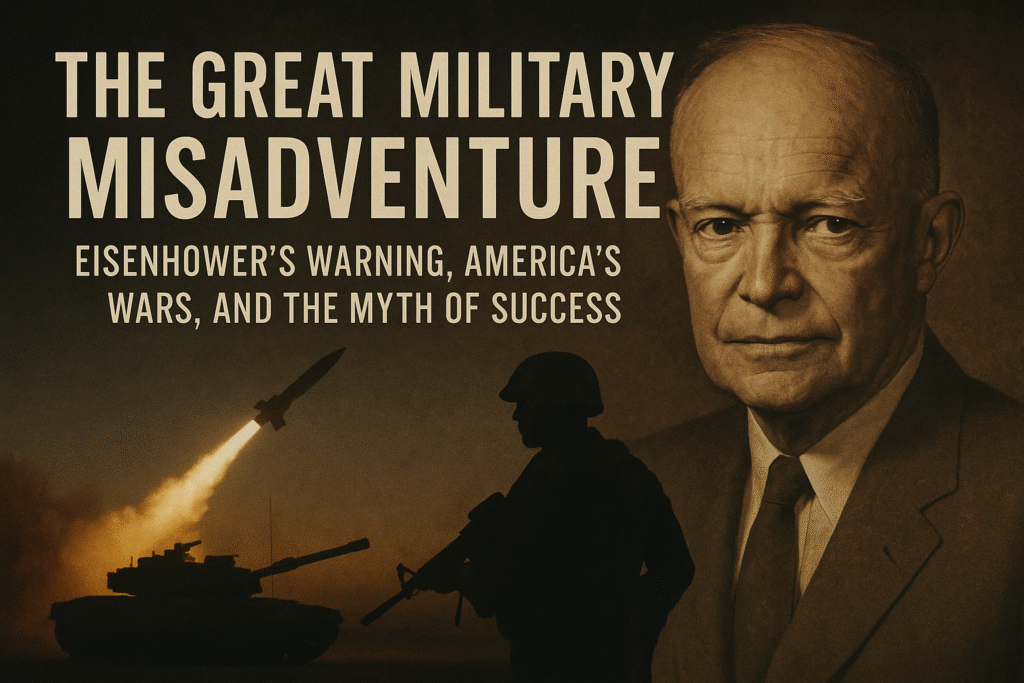Televised Wars and Forgotten Lessons
I can remember watching live TV in 1991 as the USA launched Operation Desert Storm—the first Gulf War. Led by the theatrically nicknamed “Stormin’ Schwarzkopf,” the spectacle of war unfolded like a made-for-TV movie. For a month, the bombing campaign transfixed global audiences and ended in a ceasefire. It was sold as a decisive military success.
Then came 2003. The Americans returned to Iraq, this time in pursuit of weapons of mass destruction which, as it turned out, did not exist. Once again, the war was justified by exaggerated fears, and once again it left a long trail of destruction.
Now, the narrative is repeating. The target is Iran. This time, the U.S. and Israel claim Iran is developing nuclear weapons. Whether those weapons exist or not remains uncertain. But the parallel with Iraq is chilling—and perhaps farcical. Israel, even while bombarding Gaza and worsening humanitarian crises, calls Iran the greatest regional aggressor. The U.S., meanwhile, surrounds Iran with bases and sanctions—but Iran is the problem?
It’s difficult to defend the Iranian regime. But it’s equally difficult to swallow the hypocrisy and disregard for human life shown by those claiming moral superiority.
Wars Without Victory
Here’s a sobering thought: despite its massive military apparatus, the United States has not won a major war since 1945.
Yes, some small-scale interventions—Dominican Republic (1965), Grenada (1983), and Panama (1989)—achieved their objectives: regime change. But in every larger conflict—Korea, Vietnam, Afghanistan, Iraq—the U.S. either failed outright or left behind destabilisation, civil war, or the rise of extremist groups.
Even the Global War on Terror, declared in 2001 by President George W. Bush, has not delivered. In 2001, there were about 7,700 deaths globally due to terrorism. Thirteen years later, in 2014, that number had risen to 44,500. In 2019, it was still 20,300—nearly three times the 2001 figure. By any measure, that is a failure.
Yet former President Trump recently revived talk of regime change in Iran, almost as if repeating a pattern has now become strategy. One might recall that last time the U.S. tried this in Iraq, they removed Saddam Hussein—and created a vacuum filled by chaos, insurgency, and later ISIS.
A Trillion-Dollar Habit
Over the past 50 years, U.S. military spending has averaged 3% to 6% of GDP. In the past year, it stood at 3.5%—roughly $860 to $890 billion. That is more than the next 10 to 12 countries combined, including China, Russia, India, and the UK.
To put it plainly: the U.S. spends nearly $1 trillion a year on a military that has failed to secure victory in any major engagement for over seven decades.
Eisenhower’s Warning
President Dwight D. Eisenhower, in his farewell address on January 17, 1961, delivered a prescient warning:
“In the councils of government, we must guard against the acquisition of unwarranted influence, whether sought or unsought, by the military-industrial complex.”
He cautioned that the alliance between defence contractors, the Pentagon, and politicians posed a grave threat to democracy. And that even in peacetime, the U.S. was building up a permanent war machine whose influence could distort national priorities.
Today, Eisenhower’s fears seem well-founded. The military-industrial complex is thriving—well-fed by endless budgets, wars without clear objectives, and a political system unwilling or unable to challenge it.
To What End?
The U.S. government now demands its allies spend more on defence. But to what end? To defeat whom? Where? With what results?
With each conflict, each drone strike, each escalation, the same questions resurface. And with each non-victory, the answer becomes clearer: this isn’t about peace or security. It’s about maintaining a global military footprint and keeping the defence industry humming.
If history is any guide, in thirty years we’ll be watching TV as another president launches another war—justified by the same fear, driven by the same arrogance, and funded by the same taxpayers.
Eisenhower tried to warn us. Are we listening yet?


